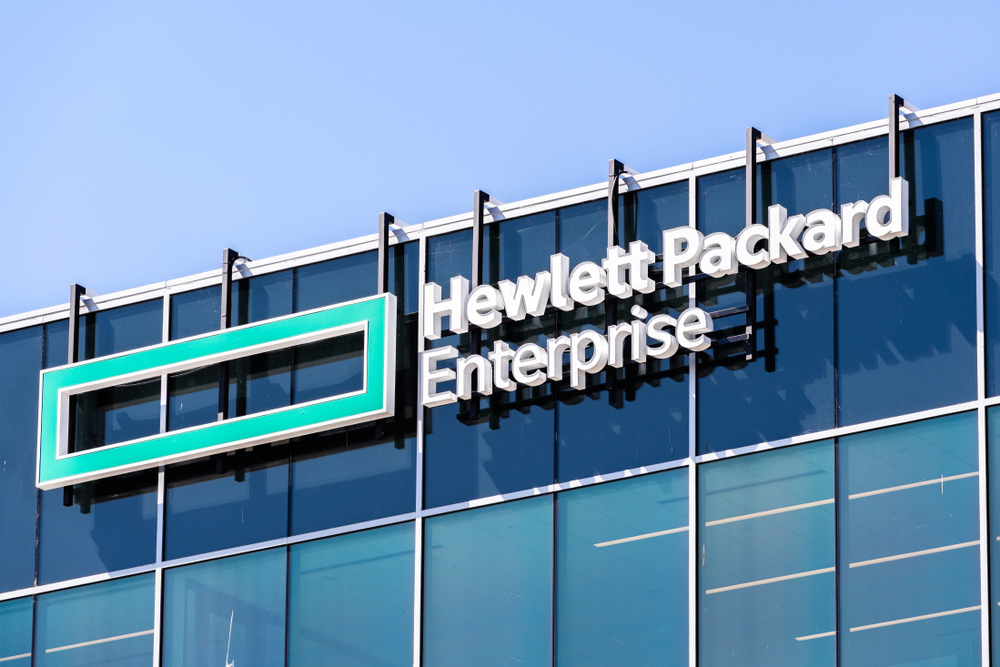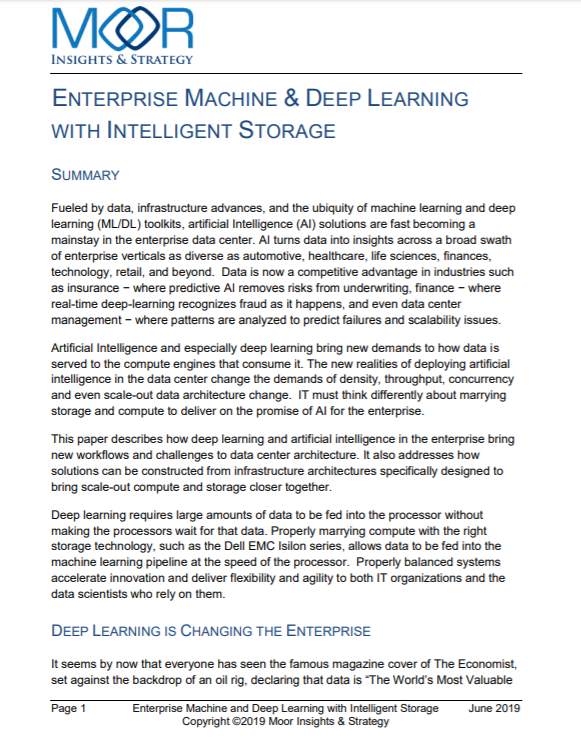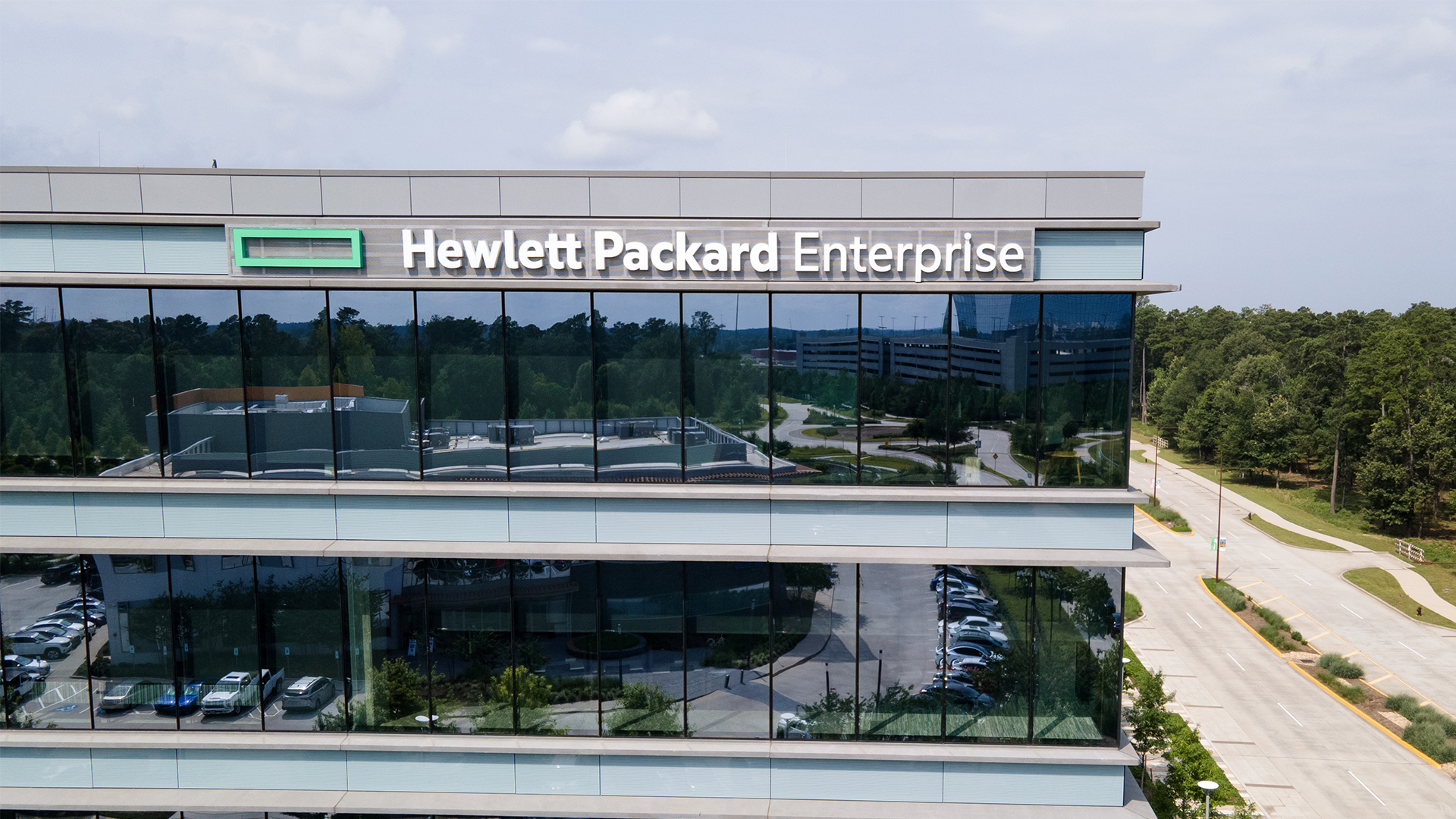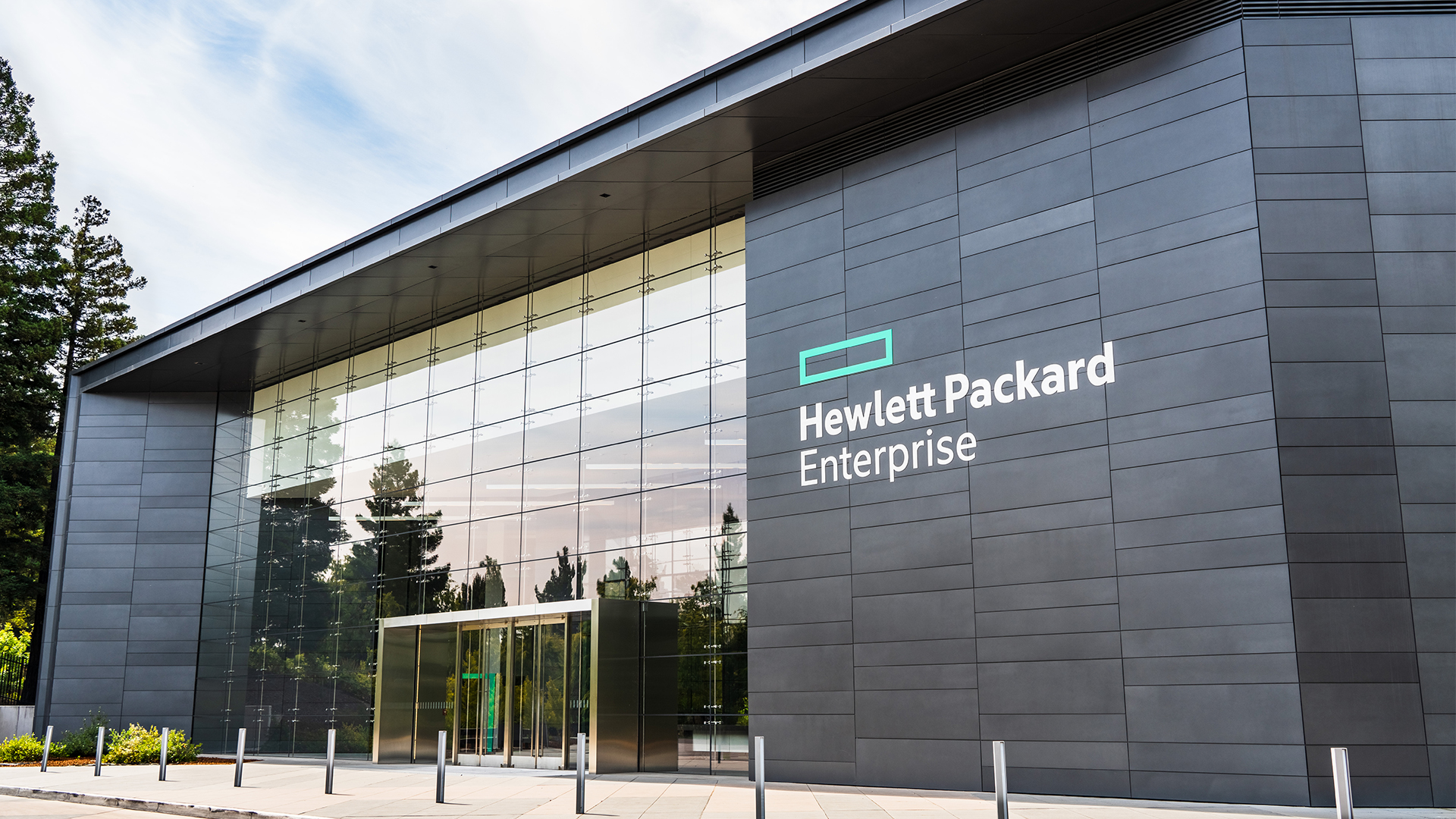HPE warns of 'critical' bug that destroys SSDs after 40,000 hours
Firm urges customers to upgrade firmware as soon as possible


Hewlett-Packard Enterprise (HPE) has warned that some of its SCSI solid-state drives will fail after 40,000 hours of operation.
The “critical” flaw affects drives in HPE server and storage products, including the HPE ProLiant, Synergy, Apollo 4200, Synergy Storage Modules, D3000 Storage Enclosure, StoreEasy 1000 Storage, and causes the SSDs to brick after exactly 40,000 hours (4 years, 206 days and 16 hours) of use.
RELATED RESOURCE

Enabling enterprise machine and deep learning with intelligent storage
The power of AI can only be realised through efficient and performant delivery of data
HPE said an SSD manufacturer alerted it to the firmware bug and added that, in a scenario where multiple SSDs are installed and put to work at the same time, it’s possible for all disks to break down simultaneously.
The company also warned that the bug is not unique to HPE drives and that other manufacturers SSDs could also be affected.
It’s likely Dell-EMC was also affected, as the company issued an urgent firmware update last month that also mentioned SSDs failing after 40,000 hours.
The catastrophic bug, which would cause data to become unrecoverable once a drive had failed, affects products running a firmware version older than HPD7, HPE says.
The company recommends that users upgrade the firmware to version HPD7 as soon as possible.
Get the ITPro daily newsletter
Sign up today and you will receive a free copy of our Future Focus 2025 report - the leading guidance on AI, cybersecurity and other IT challenges as per 700+ senior executives
“HPE recommends performing an online firmware update on HPE Gen9 servers during minimal I/O activity. This will not require a reboot in most circumstances,” HPE said in an advisory.
“However, in instances where the online firmware update does not complete successfully, an offline update is required. After the flash update completes, the Smart Component will provide a message regarding whether the flash completed successfully.”
Fortunately, HPE said that no affected SSDs have yet to fail as a result of the firmware bug, but it estimates that SSDs that are left unpatched will begin to fail as early as October of this year.
This is not the first time HPE has warned about potentially disastrous flaws affecting its solid-state drives. Back in November of last year, the company sent out a similar message to its customers after a firmware defect in its SSDs caused them to fail after running for 32,768 hours.
Carly Page is a freelance technology journalist, editor and copywriter specialising in cyber security, B2B, and consumer technology. She has more than a decade of experience in the industry and has written for a range of publications including Forbes, IT Pro, the Metro, TechRadar, TechCrunch, TES, and WIRED, as well as offering copywriting and consultancy services.
Prior to entering the weird and wonderful world of freelance journalism, Carly served as editor of tech tabloid The INQUIRER from 2012 and 2019. She is also a graduate of the University of Lincoln, where she earned a degree in journalism.
You can check out Carly's ramblings (and her dog) on Twitter, or email her at hello@carlypagewrites.co.uk.
-
 Should AI PCs be part of your next hardware refresh?
Should AI PCs be part of your next hardware refresh?AI PCs are fast becoming a business staple and a surefire way to future-proof your business
By Bobby Hellard
-
 Westcon-Comstor and Vectra AI launch brace of new channel initiatives
Westcon-Comstor and Vectra AI launch brace of new channel initiativesNews Westcon-Comstor and Vectra AI have announced the launch of two new channel growth initiatives focused on the managed security service provider (MSSP) space and AWS Marketplace.
By Daniel Todd
-
 HPE alerts affected staff after Midnight Blizzard breach
HPE alerts affected staff after Midnight Blizzard breachNews HPE has notified staff affected in a data breach that sensitive personal information, including credit card details, may have been exposed.
By Emma Woollacott
-
 HPE confirms data breach probe after IntelBroker claims
HPE confirms data breach probe after IntelBroker claimsNews IntelBroker claims to have stolen HPE source code in the breach
By Nicole Kobie
-
 The Gorilla Guide to... How HPE ProLiant Gen11 servers deliver trusted security
The Gorilla Guide to... How HPE ProLiant Gen11 servers deliver trusted securityWhitepaper How systems, software, and connections are protected
By ITPro
-
 Securing your network in every direction with zero trust
Securing your network in every direction with zero trustWhitepaper Webinar on the evolution of network security
By ITPro
-
 Do more with less: Optimizing servers with HPE to maximize VMware licensing
Do more with less: Optimizing servers with HPE to maximize VMware licensingWhitepaper Your trusted guide through the changes in the virtualization market
By ITPro
-
 The impact of generative AI on business
The impact of generative AI on businessWhitepaper Optimal and speedy GenAI computing performance
By ITPro
-
 Fortify your future with HPE ProLiant Servers powered by Intel
Fortify your future with HPE ProLiant Servers powered by IntelWhitepaper Enhance your security and manage your servers more effectively
By ITPro
-
 Getting value from generative AI
Getting value from generative AIWhitepaper Become more productive and pursue innovation
By ITPro